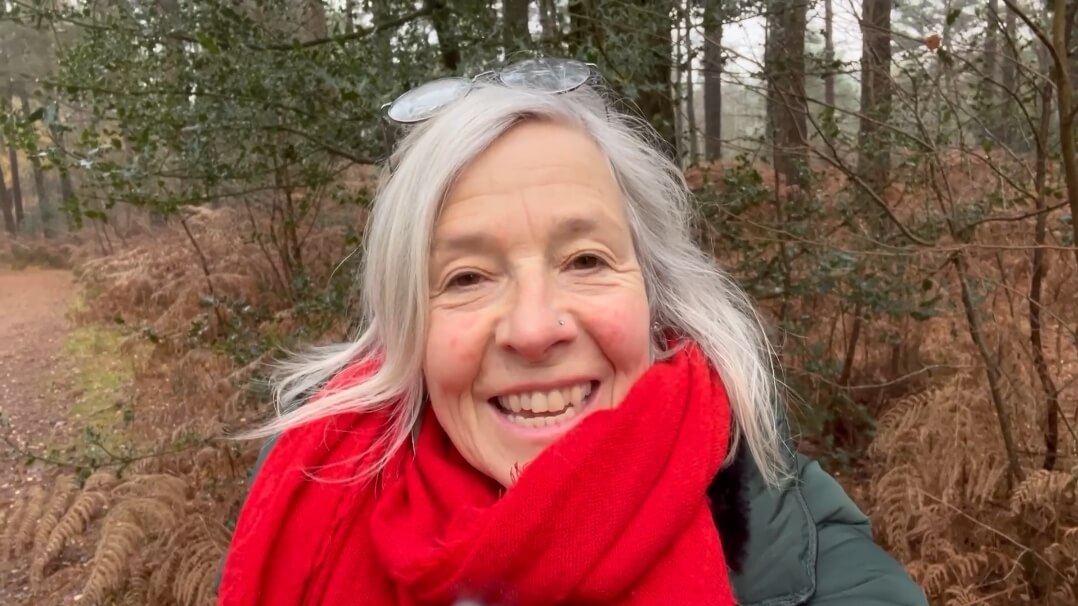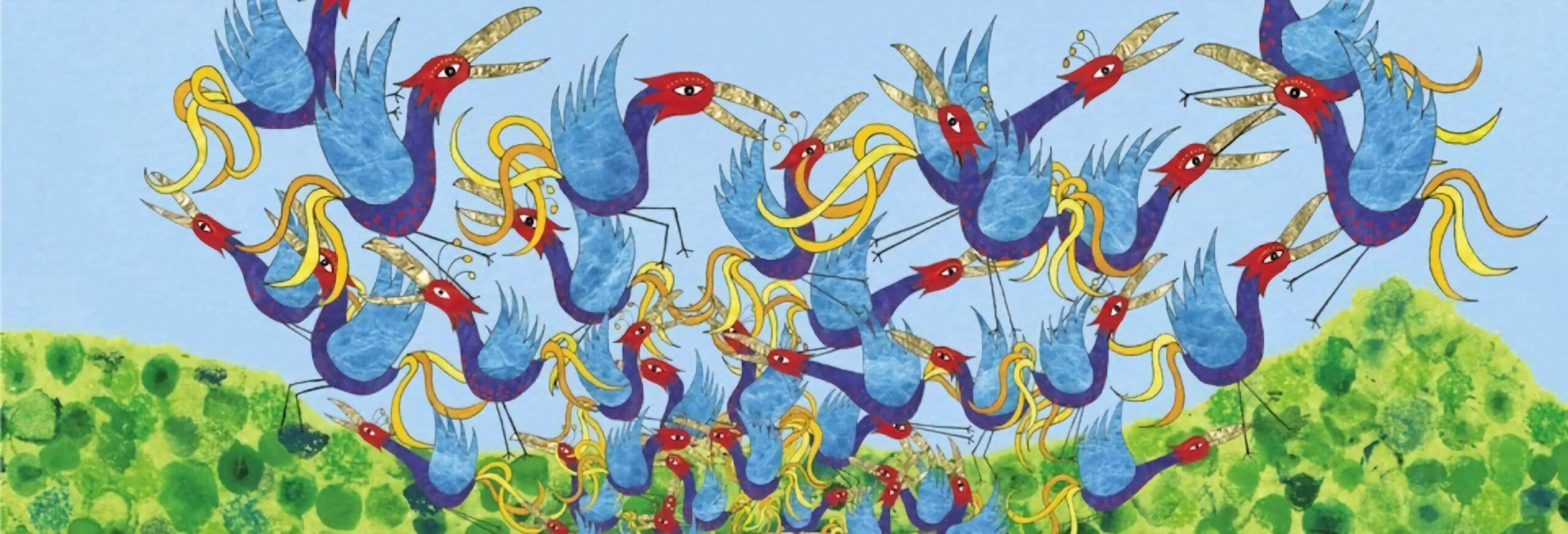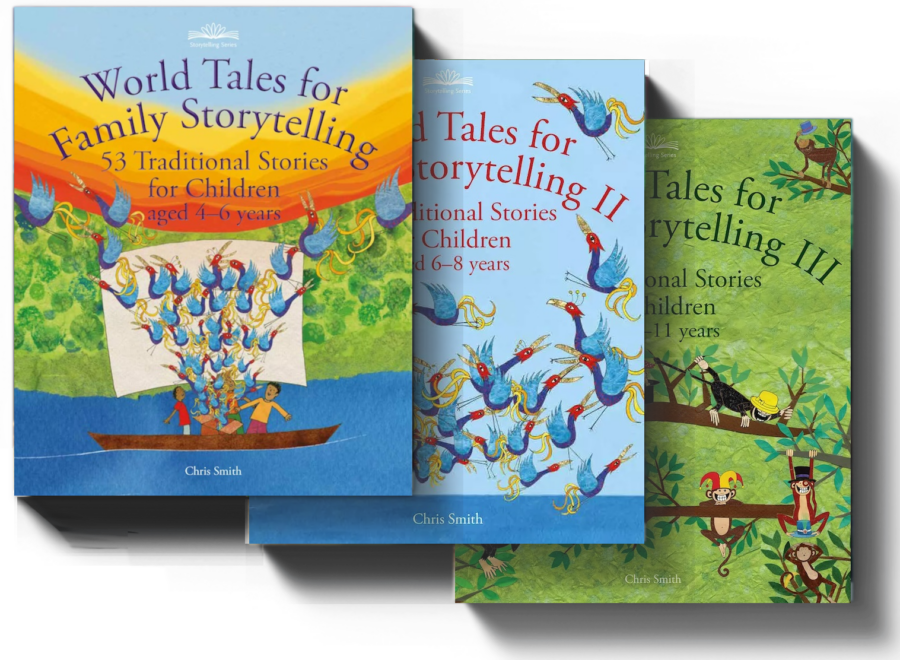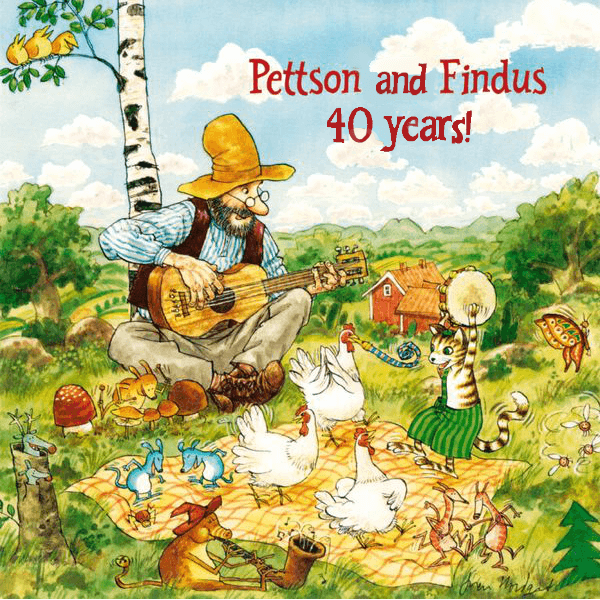
Danyah Miller writes in the Observer Magazine about how the stories we tell ourselves, and those that are imposed on us by others, affect how we define ourselves and live our lives.
Finding out recently that she has dyslexia, and probably dyscalculia, raised many questions for Danyah. Growing up in the late 1970s, she found schoolwork difficult. In her twenties, she struggled to keep up with all the paperwork her job required. She woke early and stayed late to catch up. For years she concealed what she thought to be serious flaws in her character, believing that she should “know more, be better”. But would a childhood diagnosis have helped her, or would it have limited her?
How different would my life have been if I’d known about dyslexia? Would this knowledge have liberated me, reduced the pressure I put myself under to prove that I could succeed? Alternatively, would I have used the information to limit myself – would I have given up, stopped striving? In other words, where is the line between a label that constrains and an understanding that sets us free?
Fortunately, I love questions. As a story trainer, I urge participants to sit with the questions they have about a story, however insignificant, because as soon as we have an answer, we stop our inquiries and move on. I believe the treasure lies, not in the answers, but in our questions, our curiosity to find deeper understanding.
We recommend you read Danyah’s article in full: Being diagnosed with dyslexia has made me happier.
Danyah’s book Seven Secrets of Spontaneous Storytelling is available to buy now, online and from all good book shops. Read more about it here.



